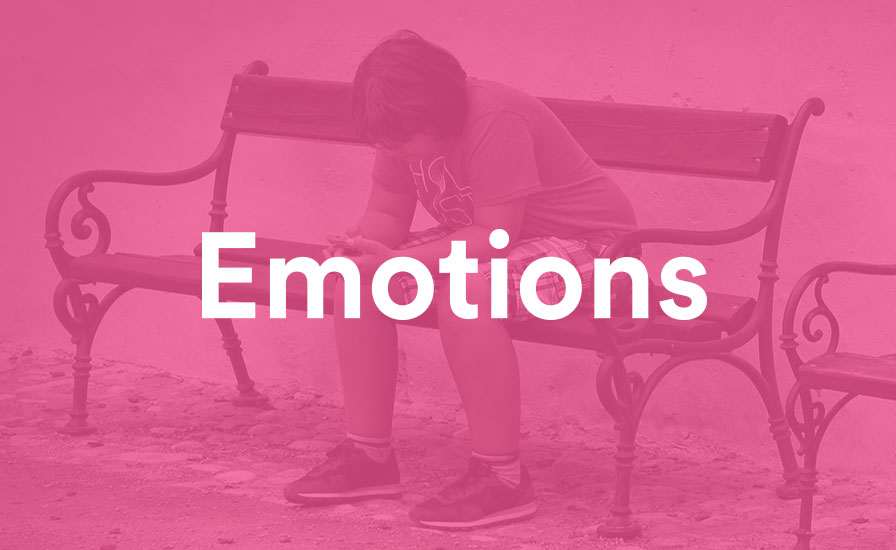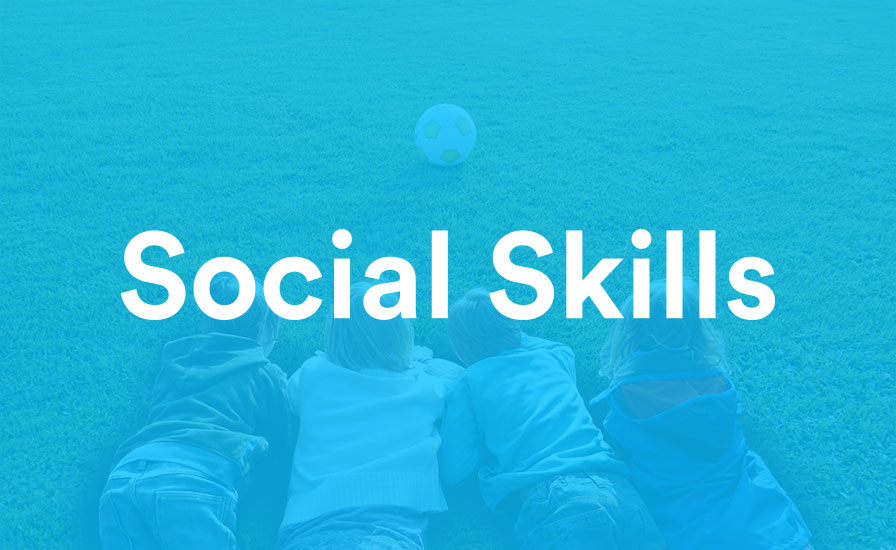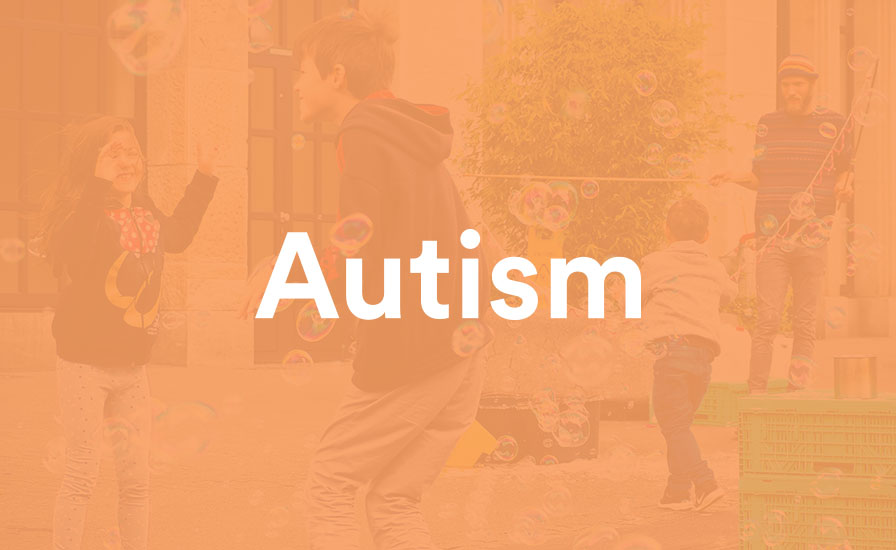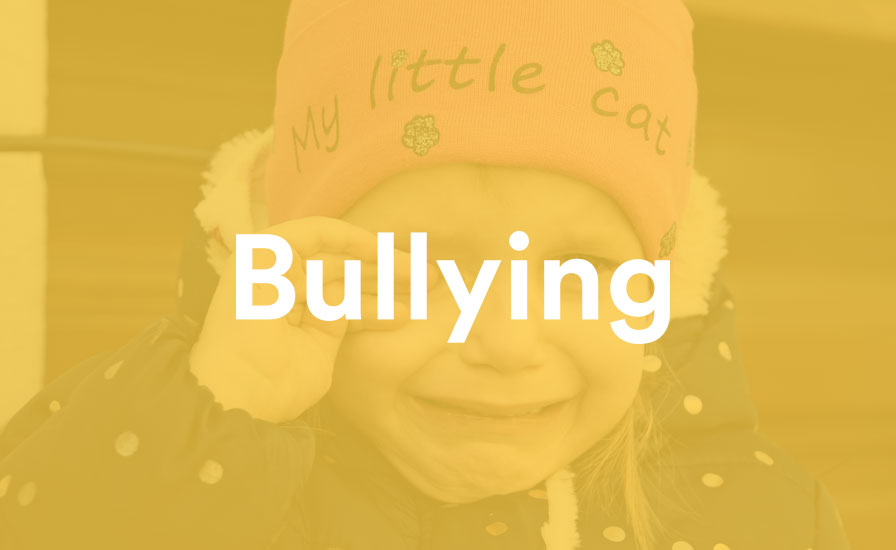Behavioural, social and emotional outcomes following preterm birth
4. Social and emotional problems
Select the squares below to reveal information about social and emotional problems that can affect children born preterm.
Social skills
Children born preterm are more likely to have difficulties with social skills than children born at term. These include difficulties interacting with other children, making and maintaining friendships, working together in groups and communicating with their peers.
Children with poor social skills may also be shy or withdrawn in social situations and might prefer the company of adults over children. Children with attention problems often find it harder to make friends and interact with other children. These kinds of difficulties may lead to children becoming isolated at school.
Emotions
Internalising problems is the name given to a group of emotional problems in which children direct their feelings and emotions inwards, towards themselves, rather than outwards towards others. These include being withdrawn, shy and awkward; clingy in new situations; nervous, anxious, worried or fearful or feeling sad, lonely or depressed. Signs of internalising problems may also include frequently complaining of illnesses such as headaches, stomach aches or sickness. Children born preterm are more likely to have these internalising problems than children born at term.
In contrast externalising problems is the name given to a group of emotional problems in which children direct their feelings and emotions outwardly, towards others. Children with externalising problems tend to be uncooperative and display defiant, aggressive and disruptive behaviours. Children born preterm are less likely to have externalising problems than children born at term.
Autism
As a group, children born preterm are at higher risk for autism than children who were born at term.
Children with autism have significant difficulties communicating with others and interacting with peers, and may be inflexible in their routines and interests. However, autism is quite rare; it affects about 1% of children born at term and up to 4% of children born preterm.
Most children born preterm will not have a diagnosis of autism but may nonetheless have difficulties with social skills that make it harder for them to interact with others and form friendships in school.
Bullying
Research has also shown that children who are born very preterm are more likely to be bullied than other children. Being bullied and having problems making friends can have a negative impact on a child’s health and well-being and can lead to mental health problems later in life.



